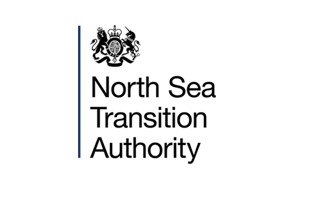
The NSTA recognises the need for improved collaboration and a reduction in the commercial and legal complexity of working in the UKCS and has challenged industry to find ways to simplify the complexity and significantly reduce the time required for commercial and legal negotiations.
The Strategy (“the Strategy”) includes a requirement for parties to collaborate with each other and with the NSTA.
To aid the understanding of good practice regarding collaboration, the NSTA has incorporated expectations on building a culture of collaboration (SE9) and on commercial alignment and delivery (SE7) into its suite of Asset Stewardship Expectations. Additionally, the NSTA encourages the use of industry codes and standards to facilitate delivery of the OGA Strategy, and support the drive to net zero carbon by 2050, in a collaborative and timely manner.
Led by the Commercial Managers’ Forum (“CMF”), industry has refreshed and extended its approach to commercial and legal interactions between upstream parties by incorporating the obligations of the Strategy into codes of practice, developing additional guidance relating to negotiation and transaction best practice, and extending the suite of standardised agreements.
The Commercial Code of Practice (“CCoP”) promotes co-operative value generation by means of best practice processes and senior management commitment. Signed by the company's senior UK representative or the Commercial Director/Manager, the code is also supported by the appointment of a champion from each company who, together, form a network within the CMF to promote the Code and provide a first level of escalation for disputes. The application of the CCoP is supported by separate guidance on Negotiations Best Practice and Transaction Best Practice.
The Transactions Best Practice guidance was developed by the CMF in response to concerns raised with the NSTA by industry regarding the protracted nature of some asset transactions. Additionally, the NSTA sought the views of a range of buyers, sellers, third parties and legal advisors involved many of the recent asset transactions regarding reasonable and unreasonable behaviours in asset transactions. A summary of the views expressed by Industry to the NSTA can be found here.
The Infrastructure Code of Practice and associated Guidance Notes provide detailed guidelines and information to aid negotiations for third party access to infrastructure. Also included are escalation steps that can ultimately lead to an application to the NSTA to use our third party access powers under the Energy Act 2011.
A number of Standard agreements dealing with common commercial negotiations have been developed by Offshore Energies UK with industry support. The most recent addition has been a standard form Construction and Tie in Agreement (CTIA). The NSTA recommends these agreements are used with the minimum of amendment in order to achieve a rapid conclusion to relevant negotiations.


